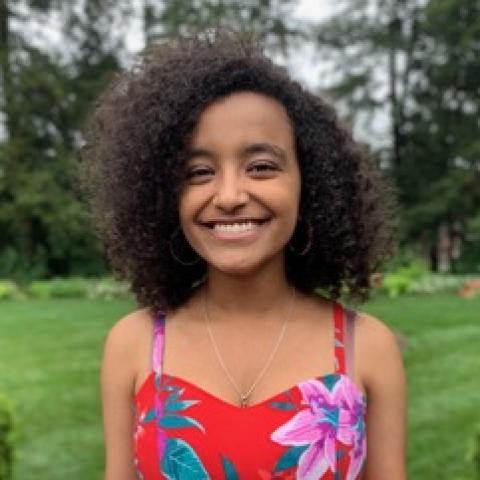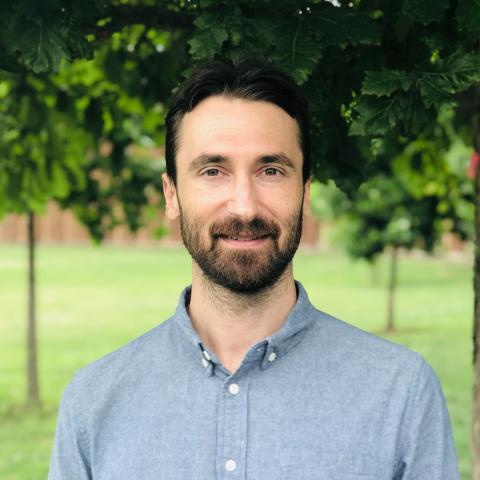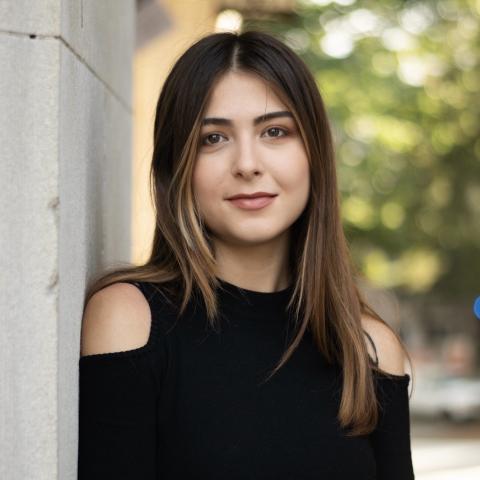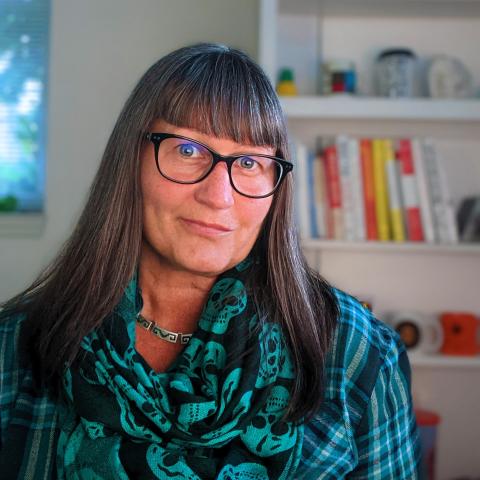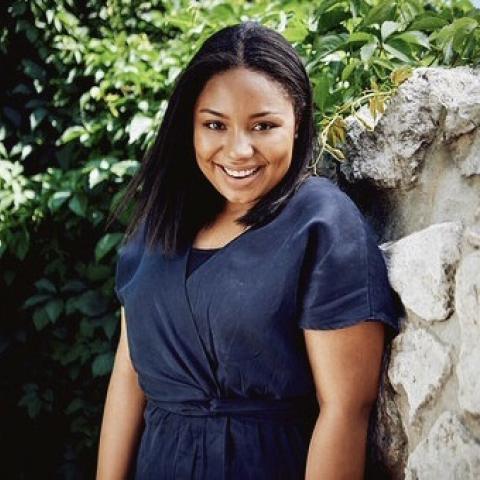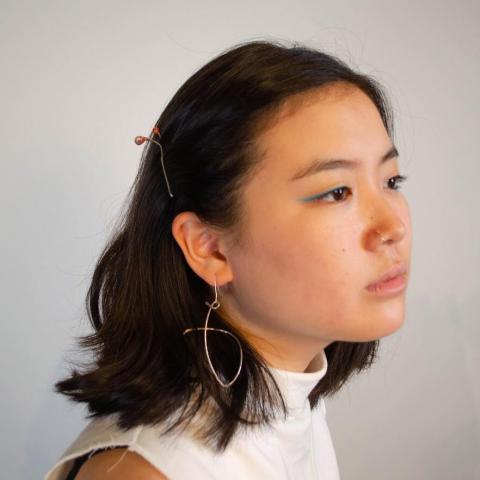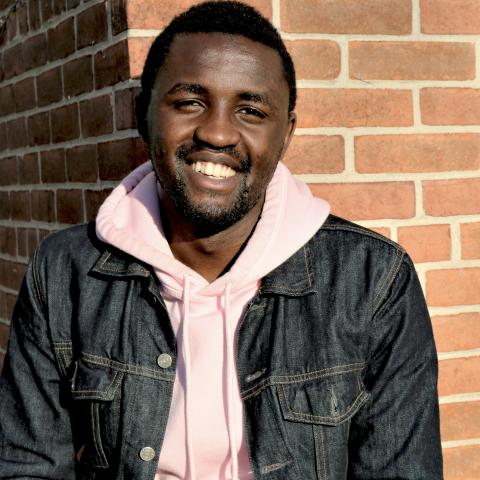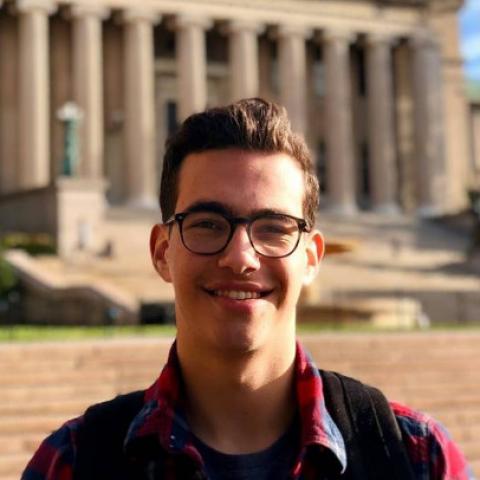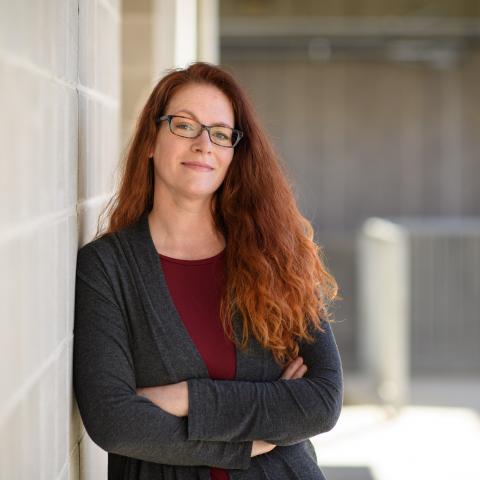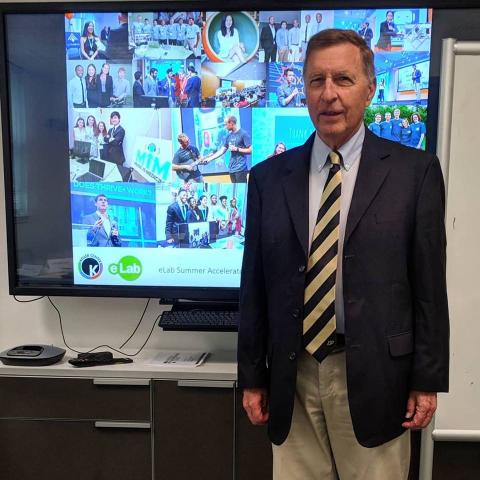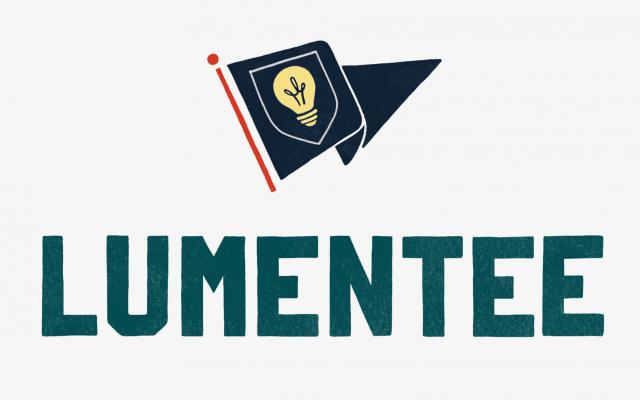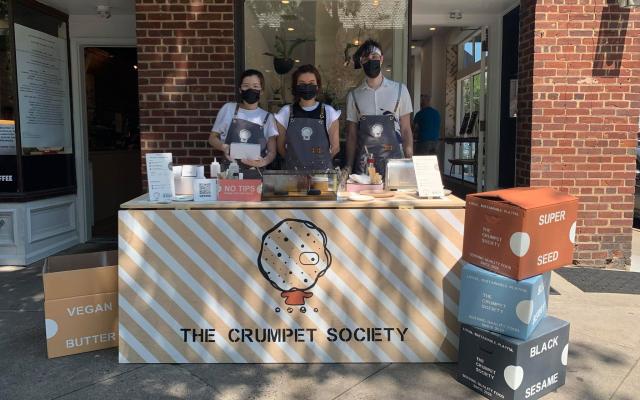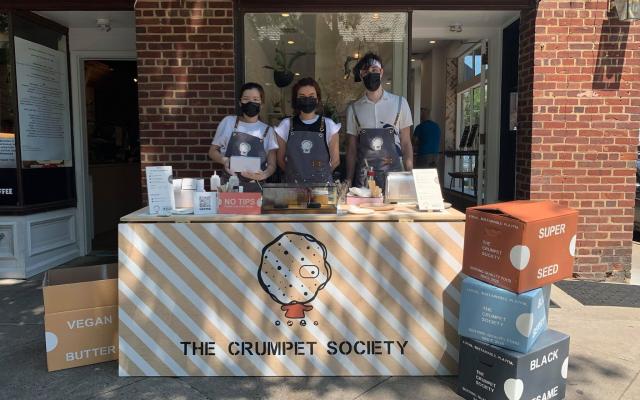
The team of Princeton students who founded the sustainable, ethically-produced fashion company Kotami were planning to spend the summer together in Princeton, working on branding, content creation, and setting up their store while manufacturing would be simultaneously going on in Sao Paulo, Brazil. Across the Atlantic in Rwanda, the young alumnus who founded Manamé, a company aspiring to revolutionize shipping in Africa, had planned to gather with his team to develop their software in Princeton and test it with consumers in Africa.
The coronavirus pandemic changed all that.
The two teams were among six startups participating in this year's eLab Summer Accelerator, a program run by the Keller Center for Innovation in Engineering Education. In the program's previous eight years, bringing teams together in Princeton to build and launch business ideas in a vibrant co-working space with a constant flow of mentors, guest speakers, and advisers has been a key part of the eLab experience.
When the pandemic set in for the summer, the Keller Center staff and the teams scrambled to remake themselves.
By the time the accelerator program wrapped up Aug 12 with its annual Demo Day presentations before a panel of business experts – this time entirely online – it was clear that both the teams and staff had succeeded.
"Had we been in the eLab in Princeton, my guess is we would only be 20% along in the process of building this solution," said Manamé Head of Operations, Serge Priam Nsanzineza, who graduated this year.
Due to travel restriction and the inability to test their product in real-time, the team pivoted from a blockchain-based international shipping solution for bringing goods into Africa to an Uber-like digital freight brokerage service working within Rwanda.
"The rapid transformations undertaken by the companies and the eLab program may signal a wider disruption – and possible democratizing – of the startup world," said Ed Zschau, a 1961 Princeton alumnus who taught a popular entrepreneurship class at Princeton for two decades and has participated in eLab since its inception.
"This summer, we are undertaking a 'great experiment' to see if startup companies can be successfully formed and launched when the founders are remote from one another," Zschau said in an interview prior to Demo Day. "If that is true, it has significant implications for the future: It would mean that it may not be necessary to live in expensive areas like Silicon Valley or NYC or even be co-located with other founders to start a new venture. It could open a great many possibilities."
While the pandemic kept Kotami founder MC Otani, at home in Brazil, she was able to leverage her time there to strengthen her relationships with material manufacturers and her Brazilian production team.
"COVID turned everything upside-down," Otani said. "I was stuck home in Brazil while my teammates were scattered around the U.S. All production of our clothes stopped in the spring. We had to build the Kotami brand without a product. Thankfully, we used our time in the accelerator to look in, and with guidance from our advisors clearly defined who we were, what we were doing, and why we were doing it. Now our brand is set in stone."
Cornelia Huellstrunk, executive director of the Keller Center, commented in her opening remarks that the teams' success was "a testament to their commitment to their ideas and wishes to make the world a better place."
"Being an entrepreneur is difficult under any circumstances," Huellstrunk said. "However, being a socially distanced entrepreneurial team oftentimes across multiple time zones and developing a startup in the context of a raging pandemic, racial unrest, and other instabilities are quite something else."
In his introduction of the event, Keller Center director Naveen Verma, a professor of electrical engineering, spoke directly to the students and pointed out to them the profound transformation in their thinking during the summer. "What you've done over the course of this summer was take a step through the looking glass," he said. "You have now stepped into the universe of real-world innovation, and you stepped into it hard and fast through this eLab program. The Keller Center and the connections and networks that you've formed in the program are a part of your endeavor and the force that has enabled you to take this step forward, and I hope you remember that as you move forward."
This year's eLab included the following teams:
Lumentee – An app to broaden access to college
For senior Natashia Neckles, being admitted to Princeton at the end of high school was a proud moment but also one that made her acutely aware of how difficult it can be to navigate admissions processes, especially for students at schools that do not send many students to selective colleges. She and collaborators created Lumentee to make college more accessible by giving students from underprivileged high schools a forum to engage directly with current students at institutions.
"The conversations I had with students who had gotten into Ivies before me were instrumental in my application process and, ultimately, my acceptance to Princeton," said Neckles, who presented Lumentee on behalf of the team, which also included Winfred Darko, Laura Molina, Amanda Vera, and Miranda Wang.
Claudius Legal Intelligence – Artificial intelligence and prediction that helps lawyers make informed decisions
A team of graduate and undergraduate students at Princeton created Claudius Legal Intelligence as a way to harness artificial intelligence and predictive analytics to provide lawyers and law firms with data-driven guidance as they make decisions about taking cases to trial and negotiating settlements. The team, including graduate students Joseph Avery and Zhe Chen and undergraduates Veronica Abebe, Beatrice Caruntu, and Ariel Rakovitsky, are focusing initially on personal injury law, but said that the technology is easily adaptable to multiple areas of legal practice.
Manamé – An African logistics coordination platform that connects cargo owners and transporters
Recognizing the absence of digitized solutions for the shipment of goods in Africa. Nsanzineza and his team Diamond Acharya, Ifeanyi Isichei, Collins Metto, and Peter Mwesigwa created a digital marketplace through mobile apps for cargo owners to seamlessly connect with transporters, and quickly get their goods delivered at much lower costs than traditional methods.
eLab's remote programming gave Nsanzineza the ability to be on the ground in Rwanda all summer, strengthening relationships, researching the market, and testing their business solution while his teammates were in the states building software.
Kotami – A fashion line bridging the gap between sustainability and style
Three years ago, Otani started creating upcycled clothing for herself to be a more ethical shopper and then started selling her creations to friends. This summer she and her team, Taylor Branch, Somi Jun, Sharon Musa, and Anika Nishat built an affordable, genderless, size-inclusive clothing brand that reflects their strong principles of social justice, ethical manufacturing, and commitment to sustainable materials and fair labor practices, qualities they feel will resonate with their GenZ target market.
PhaseOne – A platform providing analytics about emerging biopharma products and technologies
During eLab, Brian Kang, John Ahloy, Satya Nayagam, and Nathan Spilker took some hard pivots from the personal health data app they were initially developing to the current tool they have created which aims to help pharma business development teams forge smarter deals and partnerships through better information about startups, investors, and academic labs that have emerging technologies. The team is beginning beta testing on their data sharing website.
The Crumpet Society – A food service reinventing the English griddlecake for the 21st century
A trio of architecture graduate students, Esra Durukan, Nathaniel Banks, and Yidian Liu are leveraging their design skills in creating a brand that defines their mission to create a delicious product using locally sourced ingredients and sustainable packaging while bringing a sense of playfulness through innovative menus, fun packaging, and a 'Crumpet Head' character logo. During the summer, they test-marketed their baked goods, variations on English crumpets, with two pop-up events in Princeton to sell savory and sweet versions of the classic griddlecakes, which went over like … hotcakes.
The quality of business solutions created this summer shows that the teams were unfazed or even energized by the complications caused by COVID-19, said eLab Program Manager Stephanie Landers. "Coronavirus brought many challenges, but it also created opportunities." Landers and Program Coordinator Manda Ryan were among those who jumped into action when the pandemic hit as they took the lead in designing a remote accelerator program. "It is such a privilege and joy to work with bright, creative, and talented undergrad and grad students from around the globe," Landers said.
